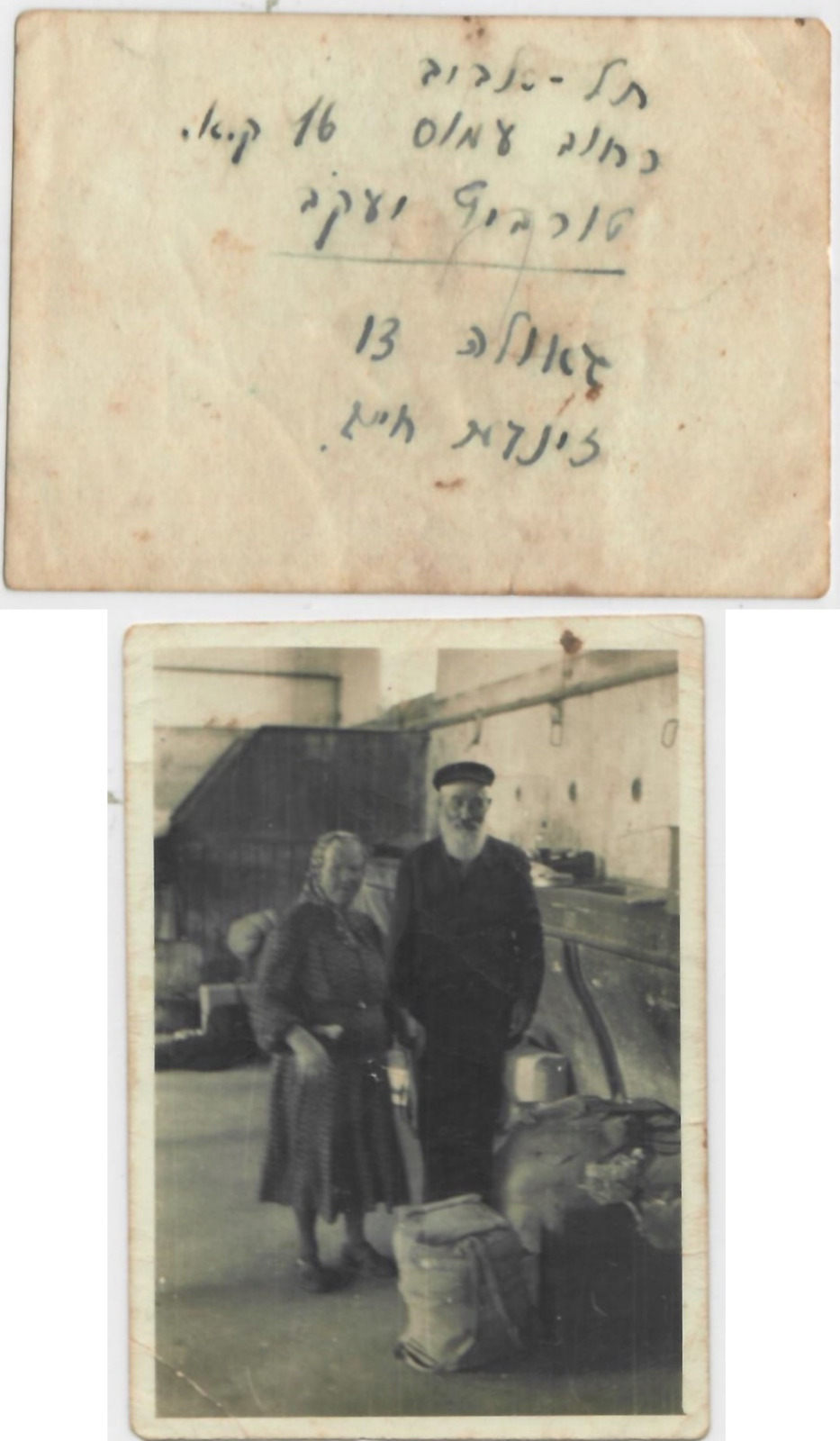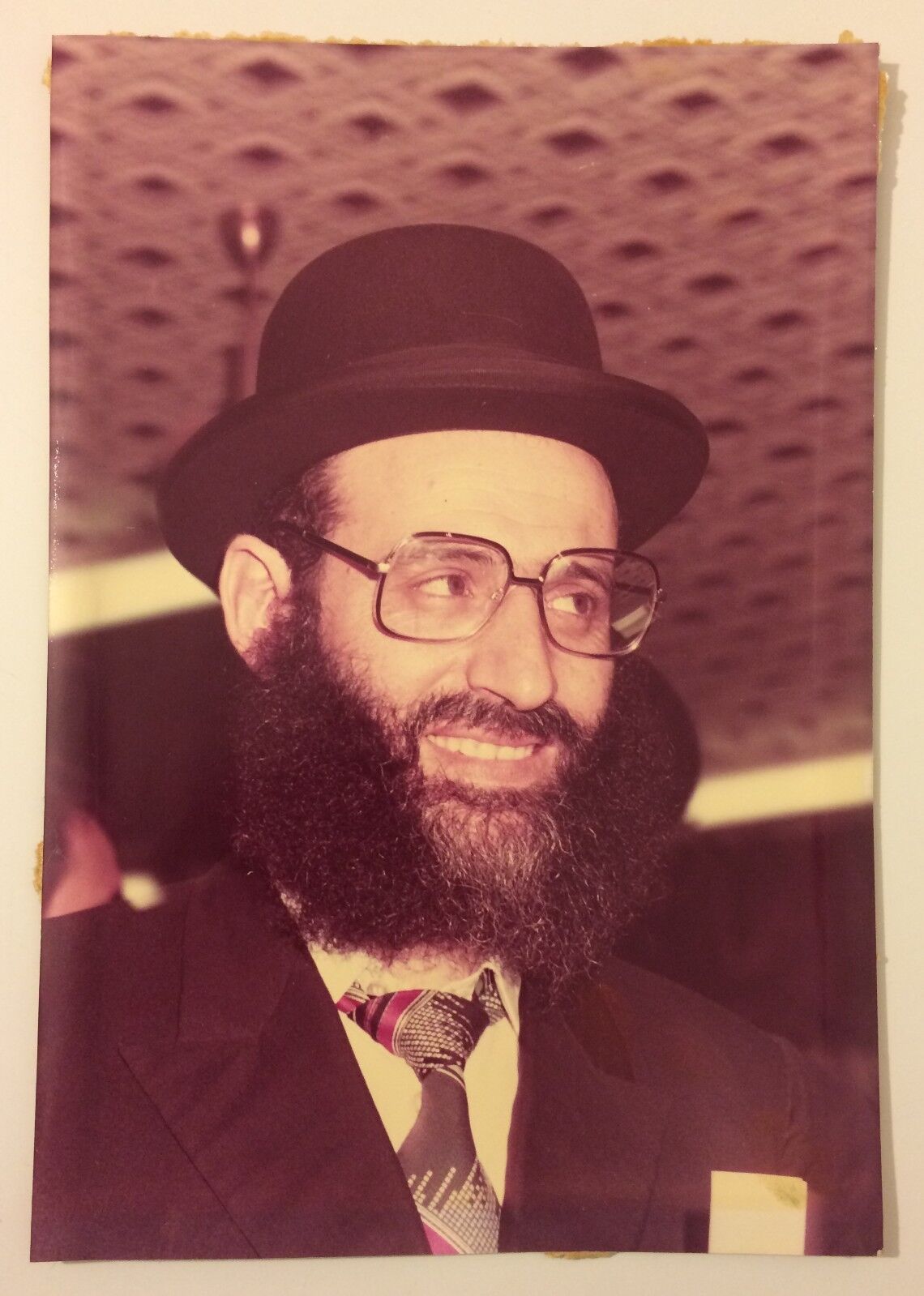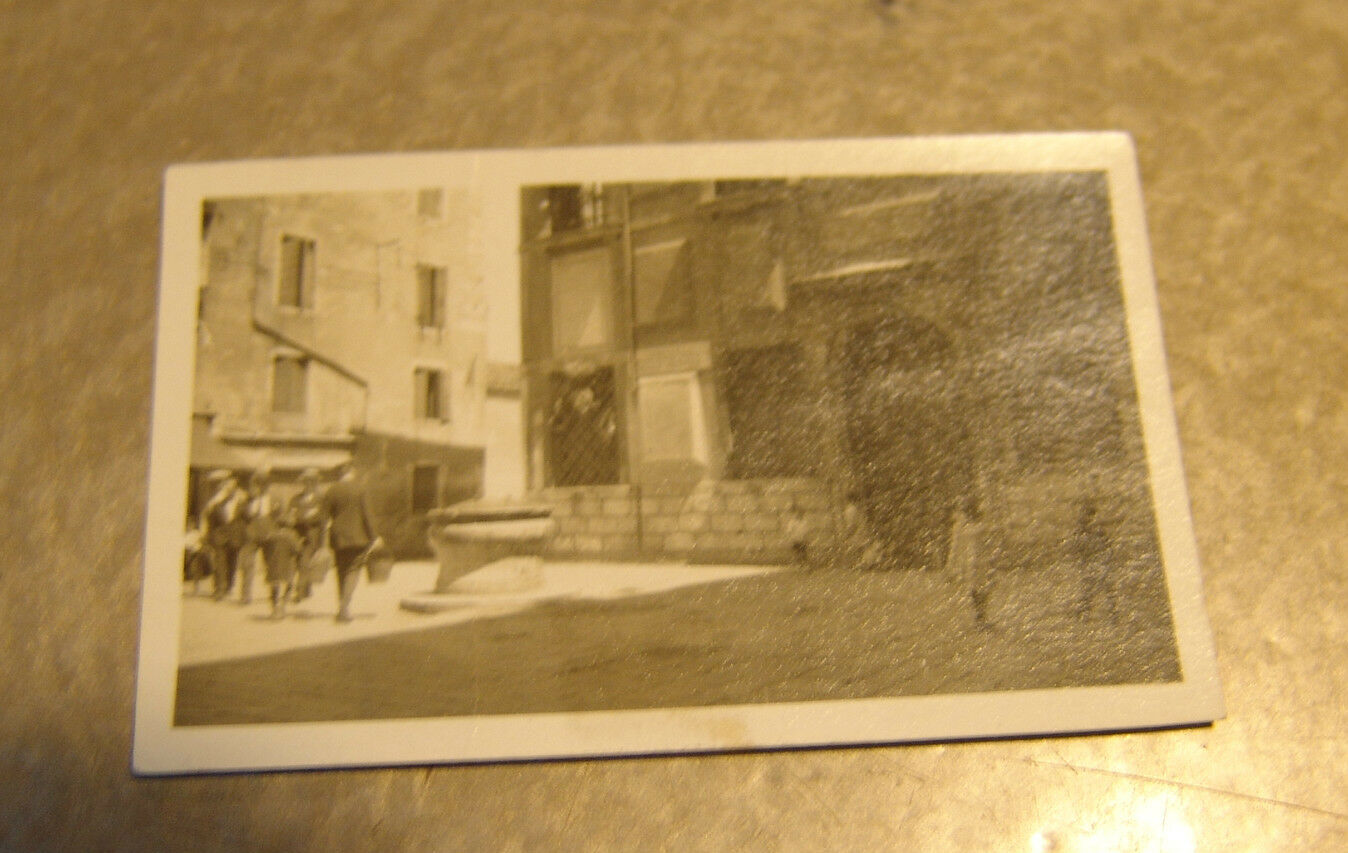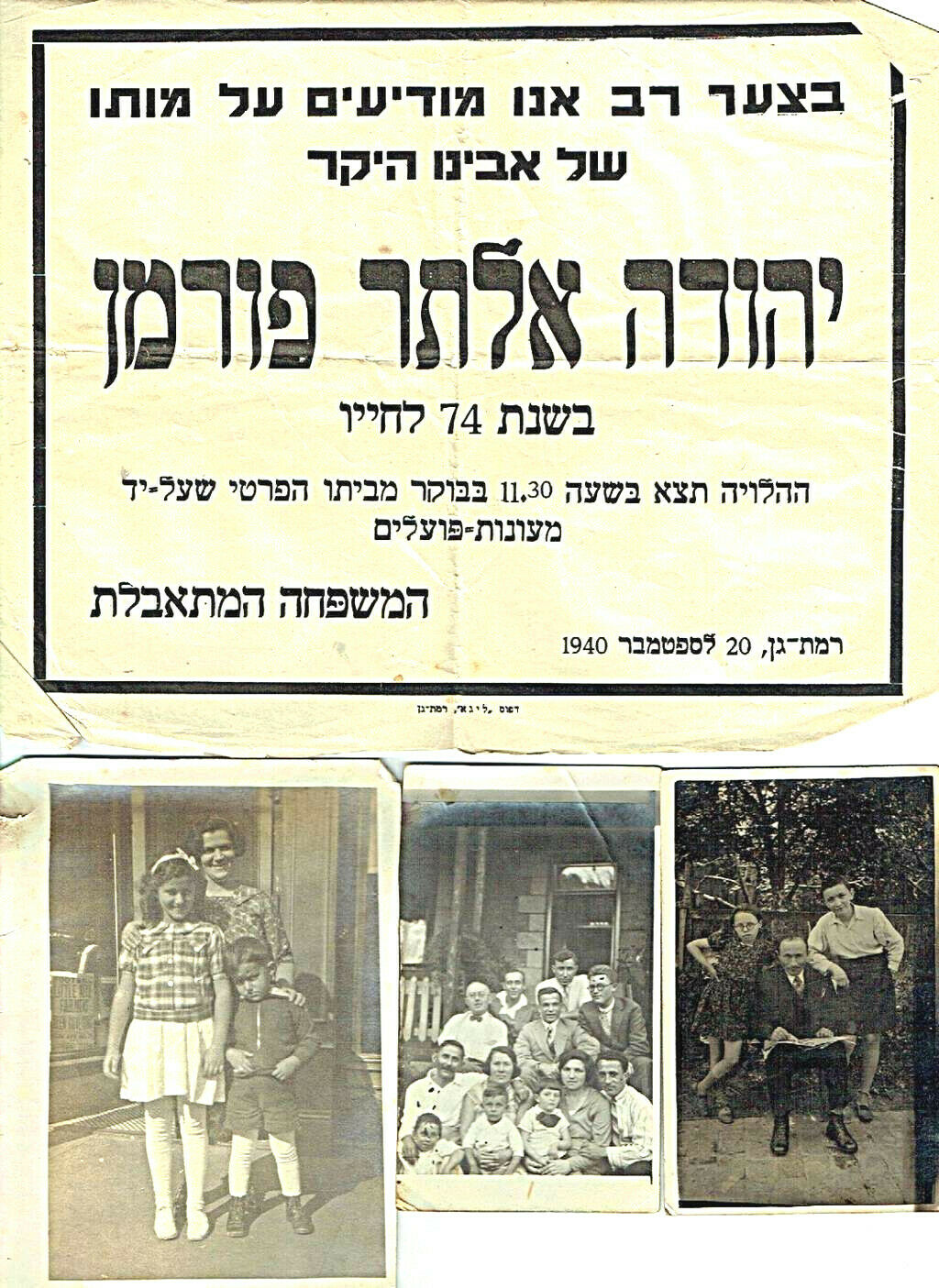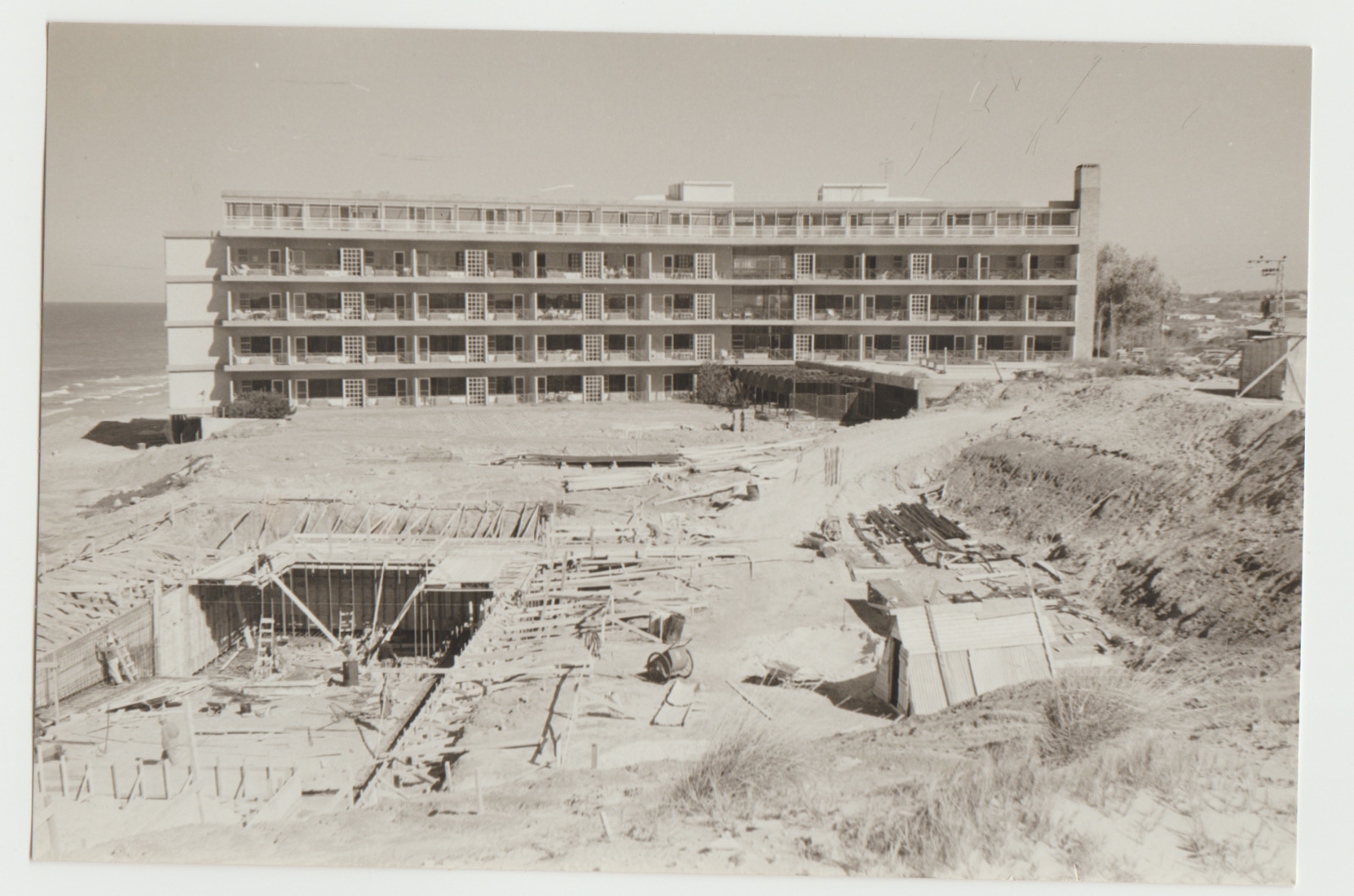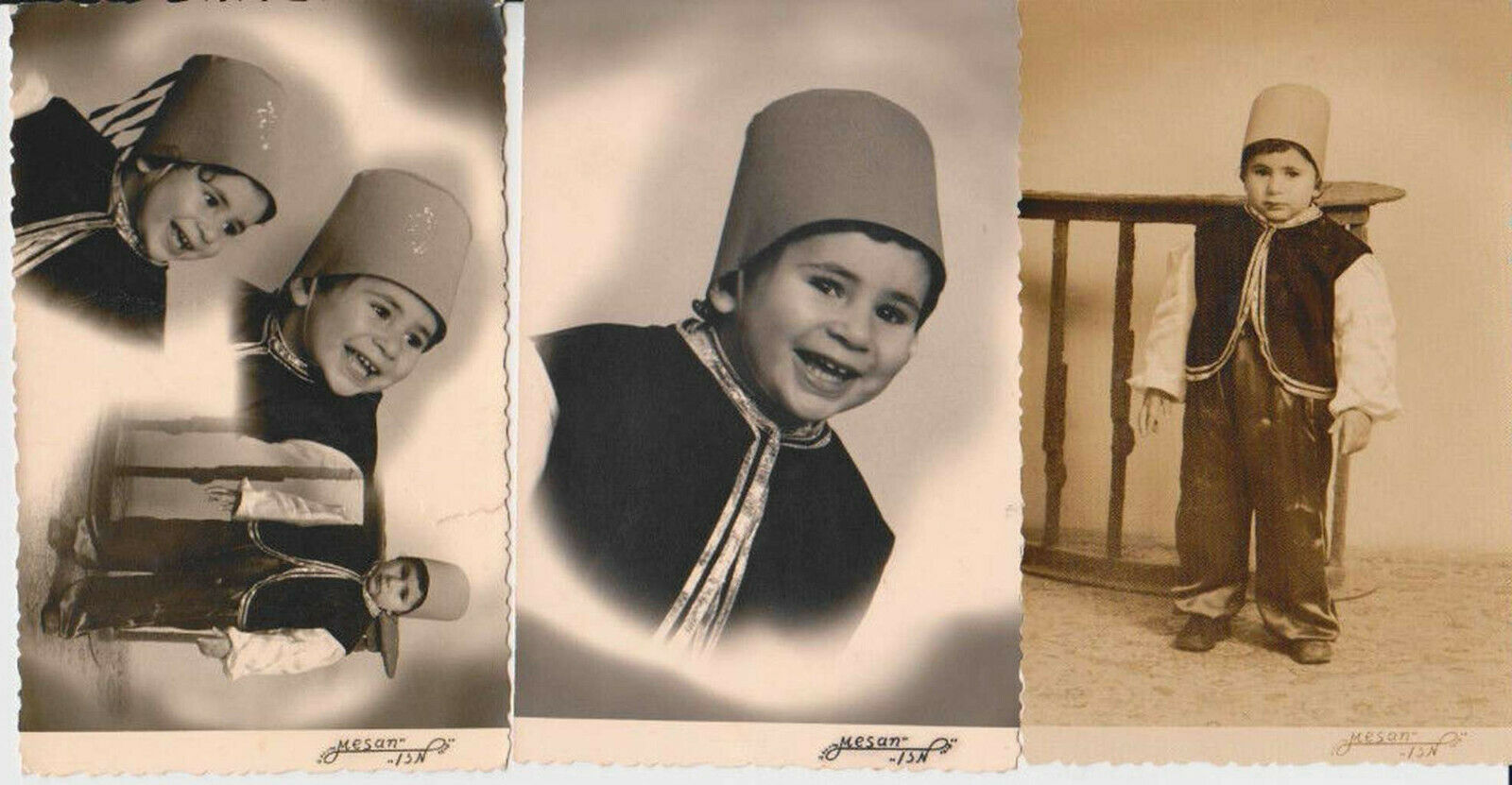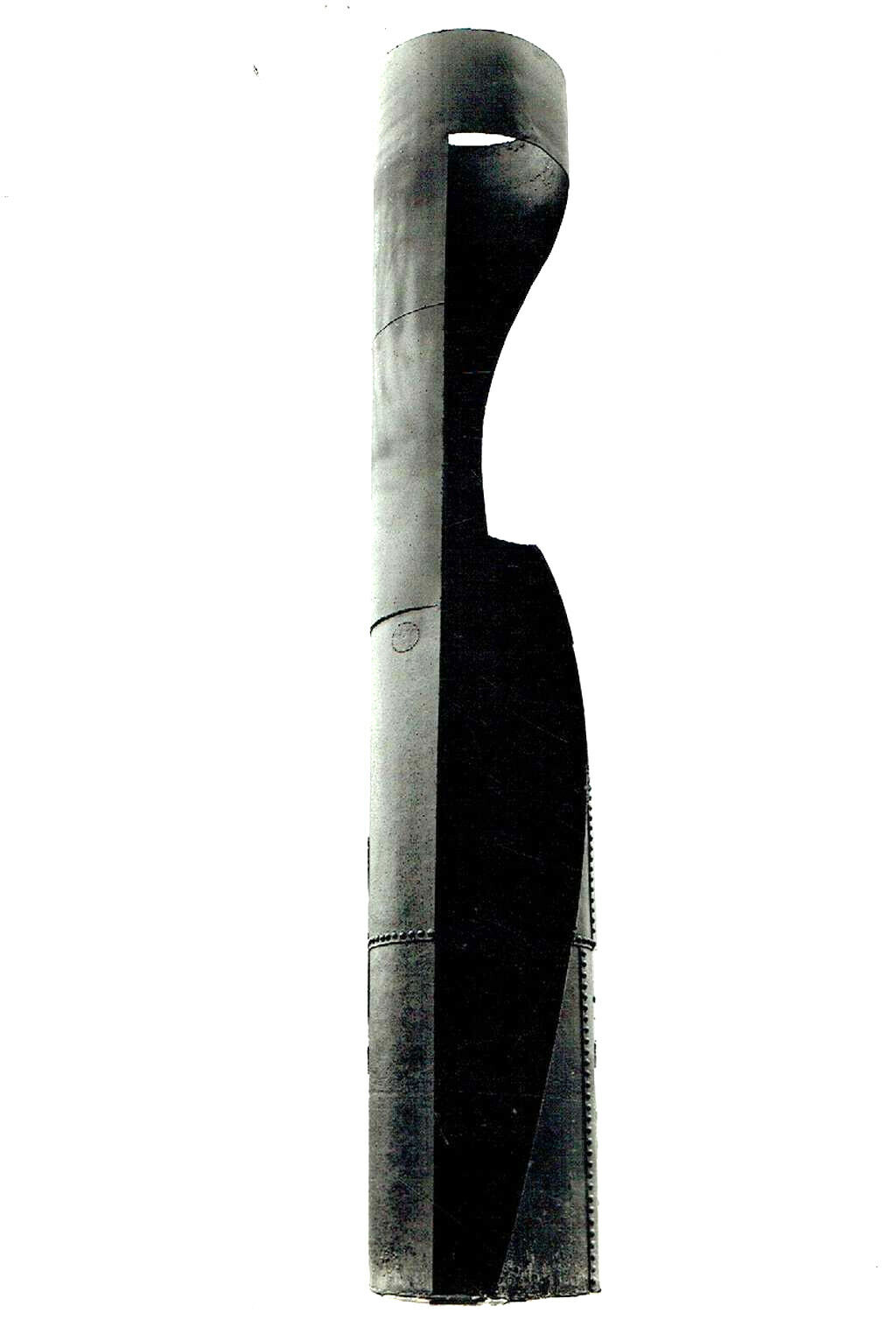-40%
1978 Israel CULT FILM POSTER Movie HALAHAKA Hebrew AVI NESHER Jewish THE BAND
$ 66
- Description
- Size Guide
Description
DESCRIPTION:
Up for auction is an almost 40 years old EXCEPTIONALY RARE and ORIGINAL Jewish - Judaica MOVIE POSTER for the ISRAEL 1978 PREMIERE of the legendary ISRAELI CULT FILM , One of the milestones of ISRAELI FILM MAKING and ISRAELI CULTURE and ENTERTAINMENT , The CULT FILM
"
THE BAND
" ( Also"
THE TROUPE
" "
הלהקה
" "
HALEHAKA
-
HA'LAHAKA
") Starrig the top row of the new young generation of ISRAEL THEATRE and FILM actors , Legendary names like :
GIDI GOV , GALI ATARI , TUVIA TZAFIR , SASSI KESHET
to name only a few , Written and directed by the world acclaimed Israeli film director
AVI NESHER
.
It's the story of an Israeli army entertainment group during the war of attrition. Love stories, intrigues, friendship and a young and naive Israel and also songs that have long become part of our tradition. The time is just after the 1967 Six-day War when a group of Israeli soldiers travel around the country entertaining their fellow servicemen and women in more or less amateur musical numbers and stand-up comedy routines. Interspersed with the entertainment scenes is a plot that brings certain characters together in romantic liaisons and separates others in jealous competition, as the troupe heads towards the goal of appearing on national television .
The film projection took place
in the small rural town of NATHANYA ( Also Natania ) in ERETZ ISRAEL. The cinema-movie hall " CINEMA SHARON" ( A legendary Israeli Cinema Paradiso ) was printing manualy its own posters , And thus you can be certain that this surviving copy is ONE OF ITS KIND. Text in HEBREW . Please note : This is NOT a re-release poster but a PREMIERE - FIRST RELEASE projection of the film , Together with its release in other Israeli towns and cities . The ISRAELI distributors of the film have given it an INTERESTING and quite archaic and amusing advertising and promoting accompany text
, Very naive and poetic - Typical to these very early decades in the existance of the Independent State of Israel and these steps in Israel film making - "....WITH MANY SONGS, LOVE, YOUTH and FIGHTS..."
.Size around 27" x 38" ( Not accurate ) . Printed in red and blue on plain white paper .
The condition is very good . 2 faint folding signs.
( Pls look at scan for accurate AS IS images ) Poster will be sent rolled in a special protective rigid sealed tube.
AUTHENTICITY
: This poster is guaranteed ORIGINAL from 1978 , NOT a reprint or a recently made immitation. , It holds a life long GUARANTEE for its AUTHENTICITY and ORIGINALITY.
PAYMENTS
:
Payment method accepted : Paypal & All credit cards.
SHIPPMENT
:
SHIPP worldwide via registered airmail $ 25 ( Israeli domestic shipp only with buy it now ). Poster will be sent rolled in a special protective rigid sealed tube.
Handling around 5 days after payment.
The Band, הלהקה, (also known as The Troupe) is an Israeli comedic musical, first shown in April 1978, about an army singing group in 1968. Three new members are hazed at first, one of them falls in love, and the choir's leader, in preparation for a television appearance, rehearses the troupe so much they revolt. The movie was initially unsuccessful but has gained in popularity. The choir's leader is based on real-life composer, arranger, and music director of the Nahal troupe, Yair Rosenblum. . The film was directed by Avi Nesher. Plot The film takes place 1968. An army entertainment troupe (based on the Nahal troupe), perform comedy and singing acts to the Israeli soldiers in combat zones to boost morale. At the beginning of the film, three departing members of the troupe perform an old Broadway-style song. The next day, auditions, led by the director Paul Aviv (Tuvia Tzafir) are are held for the three new members. The three chosen members are the forward Giora Datner (Gidi Gov), the nerdy Jerry Lewis-type Bazooka (Meir Suissa), and the beautifully talented Noa (Dafana Armoni). As part of the welcome wagon, the veteran members give the new recruits the silent treatment by playing practical jokes on them. During a rehearsal, Leicht, the assistant musical director randomly gives Noa a solo that the troupe's prima donna member, Yaffa (Smadar Brenner), initially sings. As Noa amazes everyone in the rehearsal hall, Yaffa storms out of the room. When Datner and Bazooka learn about the new recruit welcome wagon tradition, they decide to get revenge by playing practical jokes back on the veteran troupe members. On their first performance, Yaffa and the troupe's shorty male divo Doron receive electric shocks when touching wet microphones, Shuka, the drummer gets his drums destroyed, Moni, the keyboard player gets powder puffing out of his keyboard, and the audience find it to be hilarious and thinking it was part of the act. The next day, Doron with Moni and Shuka spread dog poop all over Datner's bus seat. When Datner sees the messy seat, he faints. After the seat is cleaned, he suddenly winks at Moni’s girlfriend and featured soloist Micki (Liron Nirgad), who begins to have a secret liking for him. The bus brings the troupe from show to show, making stops at cafes in between. Along the journey, the troupe's male lead singer Dani (Sassi Kesshet) and Yaffa's girlfriend, the commander Moti (Doval'e Glickman) both have a love for Noa, which initially causes them to feud. The timid Bazooka gets a crush on Dani's girlfriend, Orli (Chelli Goldenberg), which Datner gives Bazooka lessons on how to develop relationships. As the practical jokes continue, Datner and Bazooka perform another prank on the veteran members by putting themselves are harnesses pretending they killed themselves in the bathroom. When the Veteran members see the two newbies hung, they become extremely horrified untill Datner and Bazooka start yelling. Their prank is met with hysterical laughing. At a private Independence day party, Datner continues to help shy Bazooka with his relationship lessons by helping him meet two girls, who later are seen as drunk and start trying to rape Bazooka. He escapes the two girls by jumping of a window knocking over a table of food. On the other hand for Datner to spend time with Micki, he dumps two cakes on the faces of Moni and Doron. When Moni notices Datner running off with Micki, he calls off their relationships. The next day on the way to a performance, Moti makes an announcement that the troupe will be performing on national television. His announcement causes the troupe to burst into excitement. Later that night at a performance, Noa is given another solo causing Yaffa to even be more angry at Moti causing them to break up. Meanwhile during the show, a part of the scenery begins to collapse nearly killing Noa. Hearing about the fiasco that have been happening with the troupe, Alron, the officer puts them under a strict 48 hour boot camp rehearsal to prepare for the Television performance. He warns them, any funny business will cause a major cancellation in the troupe. At the rehearsal, Aviv pushes the troupe really hard by having to learn a new song in just 24 hours and having them to start always from the top if the entire troupe is singing horrible. Later on that night, Aviv noticing Micki exhausted, warns her to follow his every command if she is tired or not. Micki refusing to listen trying to leave but Aviv abruptly grabs her. Angrily, Micki dumps an entire cup yogurt all over Aviv, screaming, and storms out of the rehearsal hall. For her cruelty behavior to the troupe's director, Aviv and Moti put Micki on trial sentencing her for 30 days on probation and is transferred to another army base. Upset by the departure of one of the best members, a rebelling Datner leads the entire troupe in a strike against Aviv until he decides to bring Micki back. He refuses and heads out to Alron's office telling him about the fiasco. Outraged, Alron punishes the troupe by announcing that the television appearance is cancelled, and send the members to new army bases. The Troupe is over. Meanwhile at a lineup to their new bases, Zami, the troupe's electrician stops the split by dumping two cups of yogurt on himself and exclaims to Aviv, "It's only Yogurt!" Everyone laughs including Aviv and Alron which both come to their senses. Still haven't cancelled the television appearance, Aviv commands everyone including Micki to get to rehearsal. Everyone cheers and is happy again. At the end of the film, The Troupe perform live on television singing a song of peace and having the audience to come up on stage. Cast of characters Giora Datner (played by Gidi Gov) - New Troupe member. He's naive, dorky, but then at the end becomes a rebel. Michal (Mikey) Ben tov (Liron Nir gad) - Troupe member and Datner's love interest. Moshe Albez (Meir Swisa) - New Troupe members of the Troupe. He's naive, dorky, Dani Stav (Sasi Keshet) - Band member. Mordehay (Moti) Helperon (played by Dovale Glikman) - Commander of the band. Yafa Harish (Smadar Brenner) - Band member Noa Baron (Dafna Armoni) - New member of the band. Malka Levy (Gali Atari) - Female soloist of the band. Paul Aviv (Tuvia Tzafir ) - The Director of the band. A Film by Avi Nesher (Israel, 1979, 112 Minutes, Hebrew, English subtitles, Cast: Gilat Ankori, Dafna Armoni, Gali Atari, Heli Goldenberg, Gidi Gov, Sassi Keshet, Meir Swisa,Tuvia Tzafir ) The story of an Israeli army entertainment group during the war of attrition. Love stories, intrigues, friendship and a young and naive Israel and also songs that have long become part of our tradition. The time is just after the 1967 Six-day War when a group of Israeli soldiers travel around the country entertaining their fellow servicemen and women in more or less amateur musical numbers and stand-up comedy routines. Interspersed with the entertainment scenes is a plot that brings certain characters together in romantic liaisons and separates others in jealous competition, as the troupe heads towards the goal of appearing on national television the cult classic Israeli film The Troupe, from 2014 WJFF Visionary Award Honoree Avi Nesher. Dir. Avi Nesher (112min, Israel, 1978) In Hebrew with English Subtitles Narrative This offbeat musical directed by Avi Nesher (his first film) follows a dozen members of the military entertainment troupe, whose mission is to entertain the Israeli Army following the Six Day War in 1967. Although the performers are not at the frontline, they too suffered tensions, learning to get along, making and breaking romances - all while competing to become the best performer in the troupe and to receive coveted television coverage. The Troupe was a controversial success when first released in Israel. Though tame by today's standards, the film was a satire on the sacred cow – the Israel Defence Force. But it has continued to gain momentum and is now regarded as one of the most beloved and favorite Independence Day movies' of all time. Many of the young actors featured in the film eventually obtained that coveted media exposure their film characters were searching for – Gidi Gov and Meir Fenigstein both became major Israeli rock stars as members of Kaveret (known as Poogy outside the country), with Gov going on to be a successful actor and TV host. Gali Atari won the Eurovision Song Contest for Israel in 1979 with the song 'Hallelujah,’ Dovale Glickman became a successful comedian, Gilat Ankori a television soap-star ('Ramat Aviv Gimmel'). And, of course, Nesher himself went on to become one of Israel's most influential and successful directors. The Troupe (1977) 'THE TROUPE,' LIFE IN ISRAELI MILITARY By JANET MASLIN Published: October 11, 1981 According to the production notes, Avi Nesher's ''The Troupe'' has been a big success in Israel, where its blend of saccharine music and cute comedy undoubtedly went over better than they will here. Mr. Nesher's film, a kind of ''Chorus Line'' in army boots, presents life in a military unit that specializes in song and dance. These units are evidently very select, and constitute a good way to break into Israeli show business while also fulfilling one's military obligation. They are also occasionally imperiled, which prompts one actress to phrase the group's epitaph as, ''They died with their lipstick on.'' However, little that happens to the troupe in the film reflects much about Israel at large. And most of the action is given over to mild romance, occasional bickering, terrible music and worse practical jokes. The jokes involve such things as fake hangings and playful electrocutions. The score sounds like ''Hair'' as it might be performed by the New Christy Minstrels. ''The Troupe,'' which opens today at the Embassy 72d Street theater, follows the performers through bus trips and stage shows, taking time to follow a few romances and friendships along the way. On the whole, it is uneventful, and even those troupe members with unusual traits manage to seem like stock characters. There are, for instance, a Don Juan, a heartless beauty, a good-natured girl with lots of talent and a shy young man just waiting to burst out of his shell. When these characters clown around together, they say things like, ''You sound like a Jewish wedding.'' Or, ''Sing like that and you'll each get a bullet - and I mean from our side.'' The story takes place in 1968, which makes the abundant music sound particularly dated, especially because it is staged with the blandness of television fare. Even those songs that are about death and bloodshed sound pretty. The Cast THE TROUPE, directed by Avi Nesher; screen- play by Sharon Harel and Mr. Nesher; director of photography, Jacob Kallach; edited by Isaac Sehiek; music by Yair Rosenblum; produced by Isaac Kol; presented by Eastways Productions Inc. At the Embassy 72d Street, at Broadway.Running time: 110 minutes. This film is not rated. Datner . . . . . Gidi Gov Bazooka . . . . . Meir Swisa Mickey . . . . . Liron Mirgad Orli . . . . . Cheli Goldenberg Mali . . . . . Gali Atari Sari . . . . . Gilat Ankori Shuka . . . . . Meir Fennigstein Dani . . . . . Sassi Keshet Aviv . . . . . Tuvia Zafir Noa . . . . . Daphna Aroni Doron . . . . . Toni Chen Yaffa . . . . . Semadar Brenner Zami . . . . . Elie Goremstein Moti . . . . . Dov Glickman Moni . . . . . Uzi Essner Judging by the cast, arduously selected out of 700 actors and singers, it seems that Habima plans to crown an heir to its successful musical production “Mary-Lou”. The roster includes Adir Miller as the director of the band (played by Tuvia Tzafir on screen), Shiri Maimon as Noa (Dafna Armony), Muki as Datner (Gidi Gov), Amir Fay Gutman as Danny (Sassi Keshet) and several other big-name Israeli stars. Two roles were written especially for the theatrical production: Ofer Zohar will play the part of the Central Command Commander who barred the performance of “A Song for Peace”, and Tal Yarimi will portray another officer at the outpost. “This is the first time an Israeli movie that became a success of mythological proportions is subject to a theatrical interpretation, and for us it is a special experience,” Ilan Ronen said. “We knew this movie has had a tremendous impact, but the level of interest in the production even caught us by surprise.” A sad note Ronen noted that the original idea for the stage production of “The Troupe” was first raised by Ilana Shoval-Shaked, editor of Yedioth Ahronoth’s weekend magazine (“7 Nights”) who passed away last July. “Ilana initiated the idea and she was the one who suggested that we pick up the gloves and go for it,” Ronen said. “Unfortunately, she is able to be part of the celebration that kicks off today.” Unlike Avi Nesher and his partner in writing the script, Sharon Harel, who wrote about the folklore behind the military’s entertainment troupes but never experienced it, for Anat Gov it is part of her biography. “Historically speaking, this movie refers to my and director Ilan Ronen’s generation, so in large measure we are creating from our hearts,” says Gov. In order to bring that era closer to the younger actors who were born into a reality where military troupes are negligible in Israeli society, a crash course was required. “They work on the same schedule we used to be on in the band. They can’t believe what hit them - we pretty much tear them apart. We try to turn them into a band, and instill all the same values we had,” she says. Gov is aware that it will not be easy to survive time’s wear and tear, but she believes in the movie’s power. “There is something very Israeli about it, in the characters, the chuzpah, the anarchism, and that hasn’t changed. The background is different, but that is what drew me to take a closer look into that period of time in today’s terms.” Kleinstein’s interpretations express the music of the time in contemporary and updated language. “I have respect for the original and what I wanted to do is dress up the past in today’s clothes – take an accordion and electric or acoustic guitars and electronic effects.” Why not? Kleinstein says, “I am having a great time and, most of all, I like this opportunity to do something that is not me.” Striking a chord Nesher says he is excited by the prospect of breathing new life into the movie. “If, once upon a time, we used to correspond with the French, Russian or American culture, now, after almost 60 years, Israel is engaged in a dialogue with a local, homegrown Israeli culture. There is something beautiful in that,” he says. “This production removes the movie from its original point in time and makes it relevant for today. For me, as a creator, there is nothing more exciting than that, since I do not create movies that last a given fleeting moment. I engage in a dialogue with my culture and hope that in 20 years time it will still strike a chord with people. It is really a great joy.” Nesher eagerly awaits the premiere, and meanwhile tries to steer away from the rehearsals. “Once you create a movie, it is out of your control. It’s all grown up and has a life of its own. We really made a point of not being in the loop, and I am curious to see what these very talented people will do with the groundwork we laid.” The Troupe (Halehaka) is an Israeli comedic musical, first shown in April 1978, about an army singing group in 1968. Three new members are hazed at first, one of them falls in love, and the choir's leader, in preparation for a television appearance, rehearses the troupe so much they revolt. The choir's leader is based on real-life composer, arranger, and music director of the Nahal troupe, Yair Rosenblum. The film was directed by Avi Nesher. The film is 1 hour and 50 minutes Avi Nesher (Hebrew: אבי נשר; born 13 December 1953) is an Israeli film producer, film director, screenwriter and actor.[1] Avi Nesher was born and raised in Ramat Gan, Israel. The child of a Romanian-born diplomat, and a mother who came from Russia.[2] In 1965, he moved with his family to the United States. He graduated high school at sixteen and studied international relations at Columbia University. In 1971, he returned to Israel and served in the IDF elite special forces unit Sayeret Matkal Film career Avi Nesher's award winning films have played a major part in Israeli cinema's rise to prominence during the last ten years. During that period, remarkably enough, four Israeli movies were nominated for Best Foreign Picture Oscars. During that era Nesher was singled out and honored several times as one of Israel's all-time greatest filmmakers. In 2008, Nesher received the Extraordinary Achievement Award from the Jerusalem Film Festival. In 2009 Nesher received the Cinematic Excellence Award from the Haifa Film Festival and was accorded a star on "The Avenue of the Stars" - an honor rarely bestowed on directors. In 2010 Nesher received the prestigious "Landau Award" for Excellence in the Arts. In 2013 Nesher's latest film The Wonders received rave reviews from critics and has been a great box-office success in Israel. It was hailed by Israel's premier film critic, Yair Raveh (Cinemascope) as "The best Israeli movie of the year - A movie that delights all those who love cinema". The film premiered as an official selection at the Toronto International Film Festival and was selected as one of five exceptional films featured in the prestigious Contemporary World Speakers program. Variety film critic Alissa Simon hailed "The Wonders" as "Smart, stylish, and sophisticated dramedy".[3] In 1978, Nesher directed and produced his first film, HaLahaka (Hebrew: "הלהקה", lit. The Band), which depicted an army entertainment troupe similar to the Nahal troupe (להקת הנח"ל). The film stars many of the leading actors and singers of that era, including Gidi Gov, Gali Atari, Sassi Keshet and Heli Goldenberg, most of whom served in military entertainment troupes themselves. The film was a commercial success in Israel (600,000 viewers) and gained cult film status. The movie production, accompanied by the composer Yair Rosenblum, who was musical director of the Nahal Military Group and composed the songs the band also appear in the film. In 1979, Nesher directed his second film, Dizengoff 99, about three young friends (Anat Atzmon , Gidi Gov and Meir Suissa) living together in a flat on Dizengoff Street, the center of nightlife in Tel Aviv. The film is based on the experiences of Nesher himself, when he lived with two friends in Tel Aviv. The soundtrack of the film included songs performed by Zvika Pick, Riki Gal, Gali Atari and various Israeli bands. It was also a hit (400,000 viewers) and achieved cult film status in Israel. In 1980 Nesher directed HaPakhdanim (Hebrew: "הפחדנים", lit. The Cowards), a moderate commercial success (120,000 viewers). Nesher then moved to Hollywood to further his film career, directing the Israeli-American fantasy film She in 1982, about two brothers trying to save their kidnapped sister. In 1984 Nesher wrote, directed and produced the movie Rage & Glory which tells the story of the underground Zionist group Lehi and their struggle against the British Mandate in the 1940s. The film stars Juliano Mer, Hana Azoulay-Hasfari, and Roni Finkovitz. The movie caused a political storm, was lauded by international critics and in 2001 was selected by the Lincoln Center Film Society as one of the most important films in fifty years of Israeli cinema. In 1985, Nesher produced Shovrim, about a group of youngsters making a Rock opera parody film of the biblical story of David and Goliath. After seeing Rage & Glory, producer Dino De Laurentis convinced Nesher to come to Hollywood. Consequently Nesher wrote and directed the sci-fi mystery Timebomb for MGM (produced by Rafaella De Laurentiis) and starring Michael Biehn. In 1993 he directed the sensual supernatural mystery Doppelganger for 20th Century Fox, starring Drew Barrymore. Both films won prizes at the Avoriaz Science Fiction and Fantasy Festival in France. In 1998, Nesher's American success allowed him to produce, write and direct the independent feature The Taxman the story of tax investigator Al Benjamin (played by Joe Pantoliano) who stumbles over a series of bloody murders and gets involved in an investigation with a rookie cop. The film opened to extraordinary reviews: The New York Times called the film "A delight...a charmer of a mystery" and Jeffrey Lyons of NBC hailed it as "A cinematic gem...Not to be missed!" In 2001, he directed the horror film Ritual starring Jennifer Grey and Tim Curry. In 2004, Nesher directed, produced and wrote Turn Left at the End of the World, a film about a small town in the Negev during the 1960s and the struggle of the Moroccan and Indian Jews who live there. The film starred Neta Garty, Liraz Cherki, and Ruby Porat Shoval. The movie became Israel's greatest box office success, as well as becoming one of the best reviewed films of the era. It was nominated for 8 Israeli Academy awards and won three. In 2005, Nesher directed the highly experimental political documentary Oriental about the Camp David Accords and won the "Spirit of Freedom" award at the Jerusalem Film Festival. "Brilliant and original" raved the Jerusalem Post "Avi Nesher is clearly Israel's most innovative filmmaker". In 2007, Nesher’s Hasodot premiered as an official selection at the Toronto Film Festival. It was hailed as “witty and wise, sensual and emotionally over powering – one of the best Israeli movies in recent years”. “The Secrets” was shown in more than 50 international film festivals. American film critic Andrew Sarris called it “one of the best movies of the year.” In 2010 Nesher wrote, directed and produced The Matchmaker. Inspired by Amir Gutfreund’s novel When Heroes Fly, the film is set in Haifa in 1968. It tells the story of an Israeli teenager who gets a summer job working for a Holocaust survivor who runs a matchmaking service. It was hailed as the best movie of the year by several Israeli film critics. The Matchmaker premiered as an official selection at 2010 Toronto Film Festival and later that year won the Silver Plaque award at the Chicago International Film Festival. Later that year, "The Matchmaker" opened in U.S. theaters to great critical success – the Los Angeles Times film critic, Kenneth Turan hailed it as "Beautiful and honest... Pick of the week!". Awards and recognition In 2007, Nesher received the Cinematic Excellence Award at the Jerusalem Film Festival. In 2009, he received the Cinematic Excellence Award at the Haifa Film Festival.[4] In 2010, he won the Landau Award for Excellence in the Arts. Filmography HaLahaka (literally "The Band", Hebrew, 1979) Dizengoff 99 (Hebrew, 1979) She (English, 1982) HaPakhdanim (literally "The Cowards", Hebrew, 1983) Shovrim (literally "Breaking", Hebrew, 1985) Rage & Glory (literally "Rage and Glory", Hebrew, 1985) Time Bomb (English, 1991) Doppelganger (English, 1993) Savage (English, 1996)The Taxman (English, 1999) Raw Nerve (English, 2000) Ritual (English, 2001) Sof Haolam Smola (literally "Turn Left at the End of the World", Hebrew, 2004) Oriental Hasodot (literally "The Secrets", Hebrew, 2007) Pa'am Haitty (literally "Once I Was", Hebrew, 2010) Plaot (Hebrew, 2013)One of Israel’s most influential filmmakers, Nesher was born in Israel but spent much of his adolescence in New York, where he studied at Ramaz yeshiva. At age 18, Nesher left Columbia University to serve in the Special Forces branch of the Israeli army. Nesher’s very first movie The Troupe was a controversial movie that shocked the Israeli establishment by ridiculing the “sacred cow” Israeli military; the film is an Israeli cult classic. A year later (1979) Nesher wrote and directed another Israeli classic Dizengoff 99 and three years later, he took a dangerous stab at a more personal endeavor with Rage and Glory, which tells the controversial story of a Jewish terror organization during the 1940’s. The movie caused a political storm, was lauded by international critics for its searing psychological impact and breathtaking imagery, and in 2001 was selected by the Lincoln Center Film Society as one of the most important films in fifty years of Israeli cinema.After seeing Rage and Glory, producer Dino De Laurentis convinced Nesher to come to Hollywood. Nesher’s initial work came as a writer, penning studio assignments for such filmmakers as Ron Howard and James Cameron. In 1990, he wrote and directed the sci-fi mystery Timebomb for MGM (produced by Rafaella De Laurentiis) and the sensual supernatural mystery Doppelganger for 20th Century Fox, starring Drew Barrymore. Both films won prizes at the Avoriaz Science Fiction and Fantasy Festival in France, and both have attained cult status among Sci-Fi and Horror aficionados. The success of Doppelganger created an alliance between Avi Nesher and Buena Vista International, which led to the production of several witty tongue-in-cheek action movies, most of which premiered on HBO. Nesher’s next theatrical offering, The Taxman (2001), which he wrote, produced and directed, opened to extraordinary reviews: The New York Times called the film “A delight...a charmer of a mystery” and Jeffrey Lyons of NBC hailed it as “A cinematic gem...not to be missed!” In 2001, Nesher decided to honor his father’s memory by writing and directing Turn Left at the End of the World – a surreal deconstruction of Israel’s immigration mythology. The movie became Israel’s greatest box office success in the last twenty years, as well as becoming one of the best-reviewed films of the era. Later in 2004, Nesher directed the highly experimental political documentary Oriental, which won the “Spirit of Freedom” award at the Jerusalem Film Festival. Nesher also received the Achievement Award at the 2007 Jerusalem International Film Festival. ebay2586




